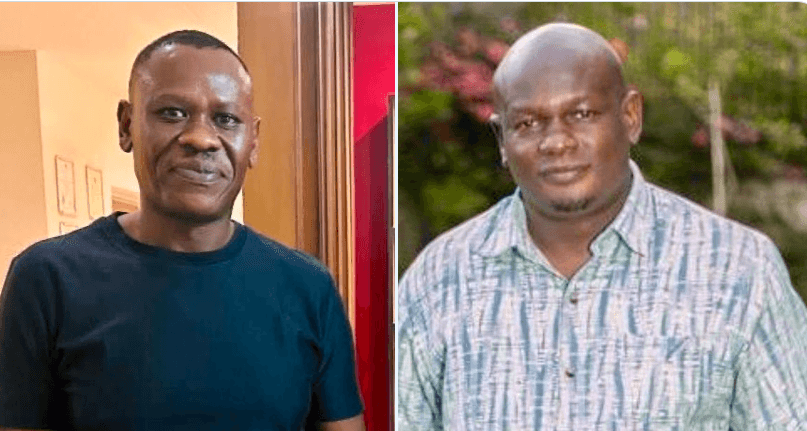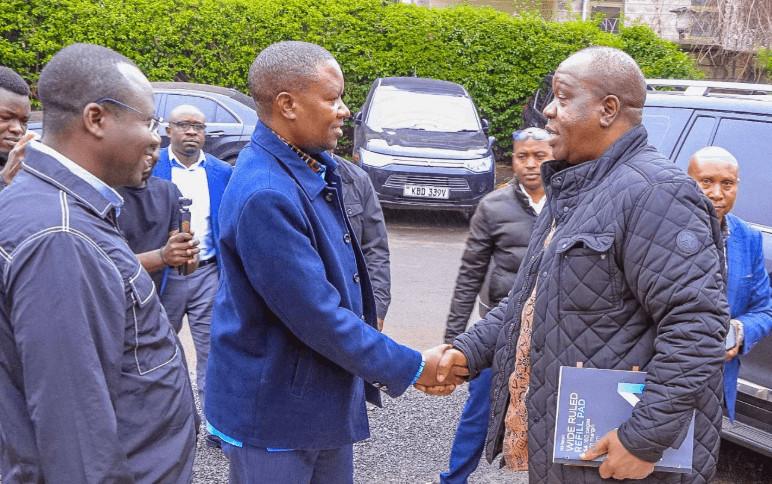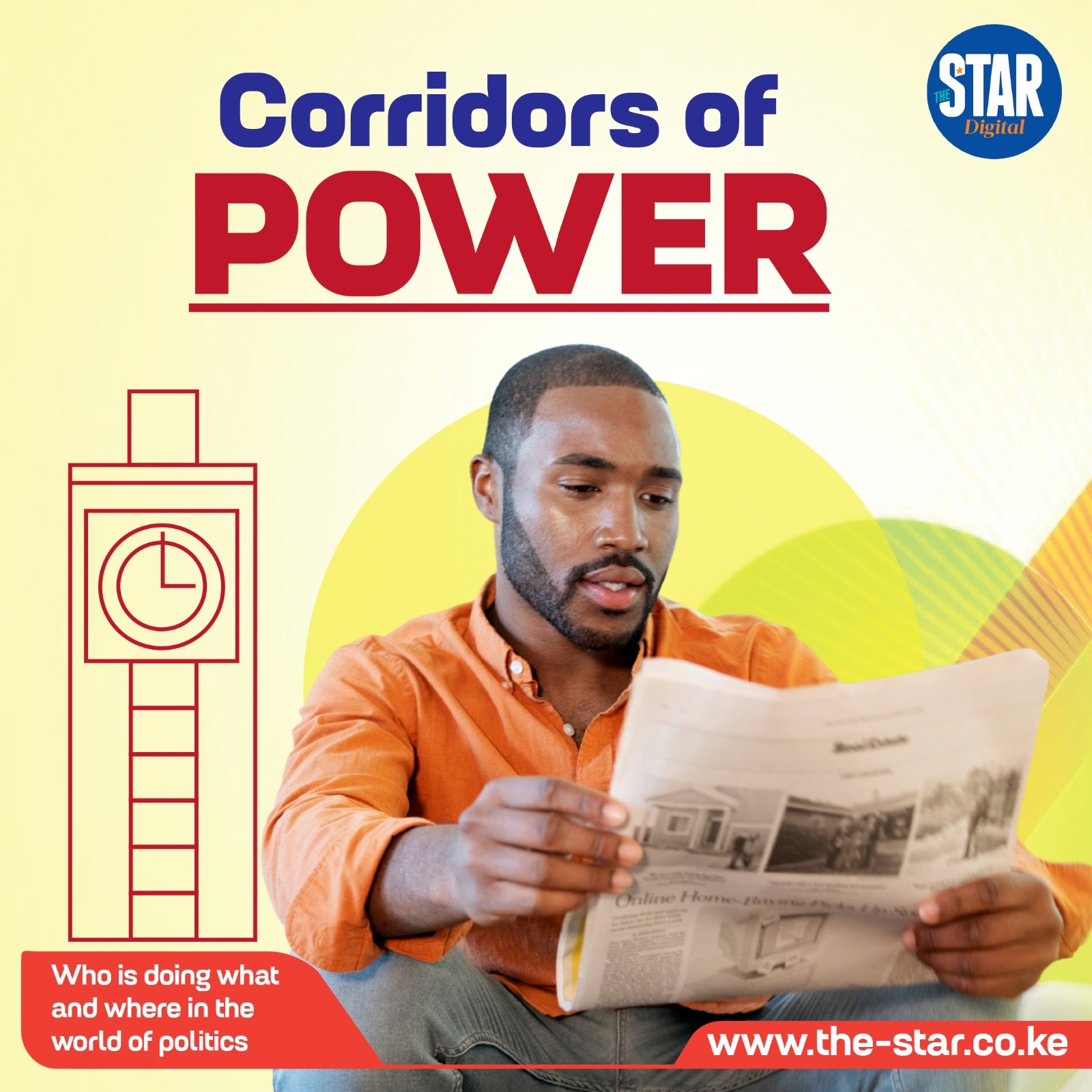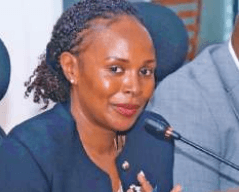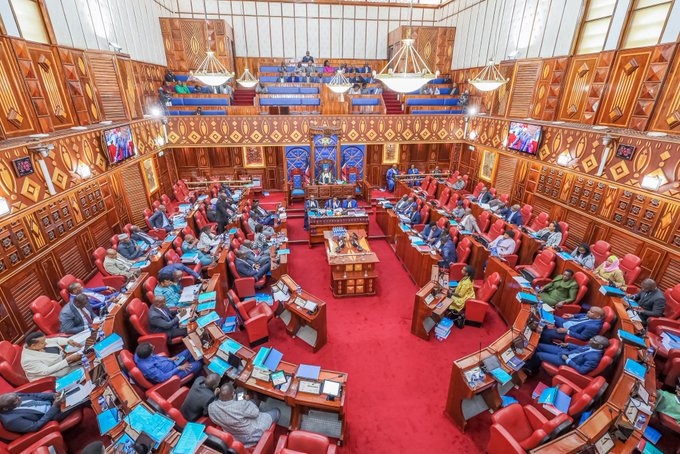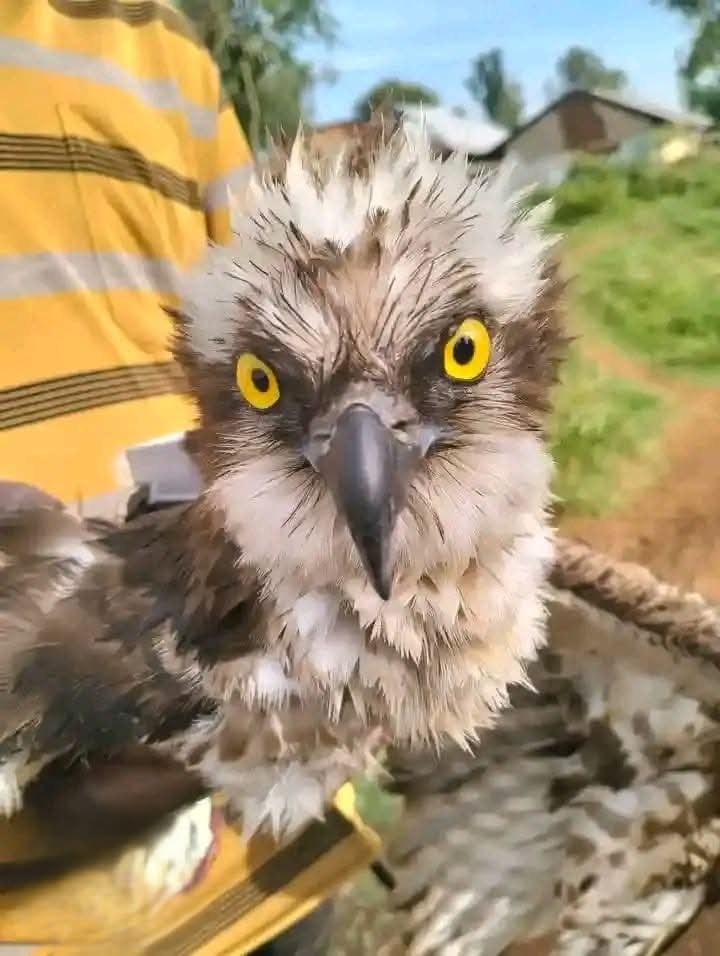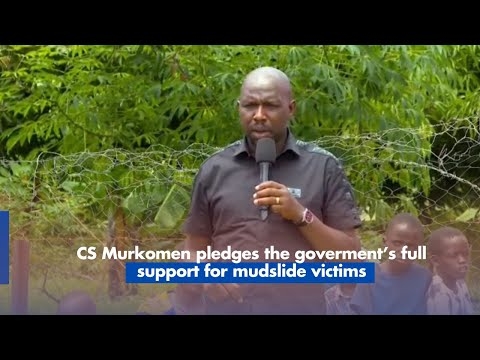Congolese in the diaspora on Thursday held protests at the United Nations in Geneva, Switzerland, to protest against atrocities in the Democratic Republic of Congo (DRC).
Protesters demand UN action against President Felix Tshisekedi amid allegations of genocide targeting the Tutsi population.
The protests were held as DRC President Tshisekedi prepared to address the United Nations General Assembly in New York.
Congolese nationals from across the globe held the demonstrations outside the UN Headquarters.
The protests, organised by members of the Congolese diaspora, aimed to shed light on the alleged atrocities occurring in the DRC and call for international accountability.
According to the organisers, millions of people, particularly those from the Tutsi ethnic group, have been targeted in what they claim is a silent genocide.
Protesters said the DRC government has failed to act as ethnic violence escalates in the eastern regions of the country.
"We cannot remain silent as our people are massacred," Manzi Willy said, urging the UN to intervene.
"We demand that President Tshisekedi be held accountable for allowing these atrocities to continue unchecked."
The Congolese demonstrators hope to leverage the global spotlight on the UN General Assembly to pressure international leaders into action.
They call for the deployment of UN peacekeeping forces and the establishment of an independent international investigation into the ethnic violence, which they claim is fueled by political instability and systemic discrimination.
The situation in the DRC has raised concerns among human rights organisations, with some groups estimating that thousands have been killed and many more displaced in ethnic conflicts.
Critics argue that the international community, including the UN, has not done enough to address the root causes of violence, leaving vulnerable populations to face ongoing persecution.
The protesters are now demanding an independent investigation into alleged war crimes, genocidal acts, and the role of the government in enabling the crisis.
They further want immediate UN intervention to protect at-risk populations in the DRC, particularly those of the Tutsi ethnic group.
They also want the repatriation of Congolese refugees from neighboring countries after decades of displacement, along with assurance of their safety and rights.
In addition, they want a halt to arbitrary arrests and detentions of Tutsis in Kinshasa and other areas.
The protesters also want negotiations with M23 to bring an end to the conflict in eastern DRC and ensure long-term peace and stability.•
They also demand accountability for corruption, tribalism, and bad governance that have worsened the crisis.
As tensions escalate, the protesters aim to amplify the voices of those suffering in silence.
For them, the streets of New York are not just a place to demonstrate —they are a platform to demand justice for their homeland.
The demonstrations were expected to attract widespread attention as they coincided with President Tshisekedi’s address to the world’s most powerful leaders.
As global focus turns to the UN, the Congolese diaspora seeks to ensure that the cries of their people are no longer ignored.


